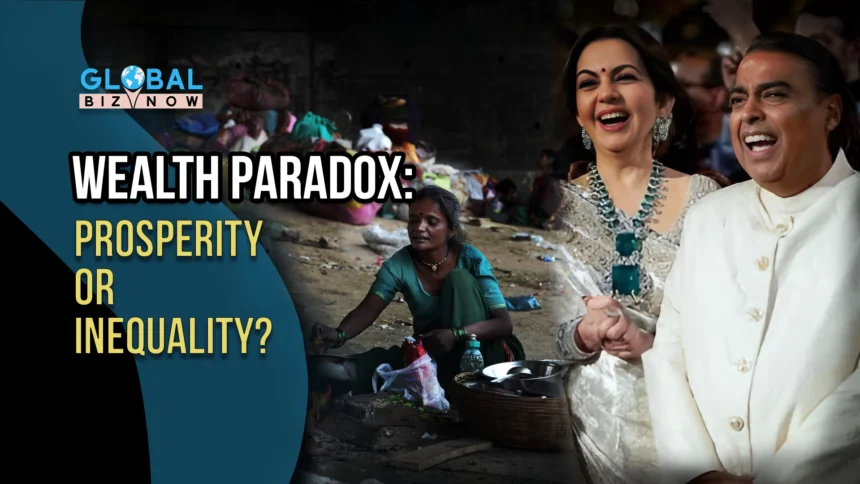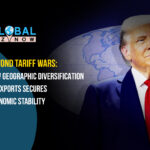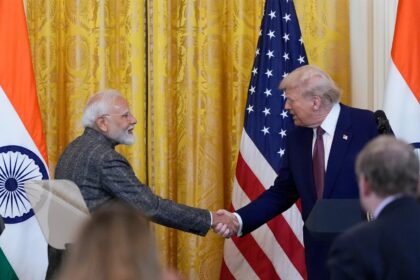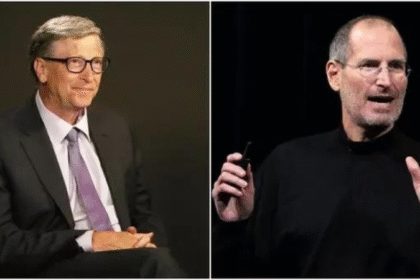Table of Contents
India’s Wealthiest Families: A Reflection of Economic Disparity and Global Power
In a country of over 1.4 billion people, where the gap between the rich and poor is vast, the rise of India’s wealthiest families is both impressive and concerning. The recent Barclays-Hurun India report highlights this reality by placing the Ambani family’s wealth at an astonishing ₹25.75 trillion—nearly 10% of India’s entire GDP. This figure isn’t just about one family’s success; it represents the transformation of a family business into a national and global powerhouse.
- Table of Contents
- India’s Wealthiest Families: A Reflection of Economic Disparity and Global Power
- The Brand Image of India: A Double-Edged Sword
- Economic Disparity: The Shadow of Success
- Wealth and Power: Meritocracy or an Entrenched Elite?
- The Path Forward: Balancing Wealth and Social Responsibility
- India’s Complex Economic Legacy
But what does this concentration of wealth say about India today? As someone with a balanced view on social and economic issues, I find this development both fascinating and deeply thought-provoking.
The Brand Image of India: A Double-Edged Sword
The Ambanis, along with other top family businesses like the Bajaj, Birla, and Adani families, contribute significantly to India’s image as an emerging superpower. Their success stories are closely tied to India’s growth narrative, showcasing resilience, innovation, and strategic brilliance. The Ambani family’s massive wealth reflects not just their business acumen but also India’s potential to foster global leaders.
From a branding perspective, this is invaluable. The association of Indian names with immense wealth and successful enterprises positions the country as a prime location for investment, innovation, and industrial leadership. It sends a strong message to the world that India is home to families who are not just wealthy but are also key players in the global economy.
However, there’s a flip side. The staggering wealth of families like the Ambanis also highlights the economic disparities within the country. While these families boost India’s global image, they also bring attention to the significant divide between the rich and the poor. This raises an important question: does this concentration of wealth tarnish India’s image by emphasizing inequality, or does it reinforce the idea that success and wealth are rewards for those who are strategically brilliant and industrious?
Economic Disparity: The Shadow of Success
The concentration of wealth in the hands of a few families undeniably raises concerns about economic disparity in India. While the Ambanis, Bajajs, and Adanis are celebrated for their contributions to the economy, their enormous wealth also accentuates the gap between the rich and the poor. This is not a problem unique to India but one that is particularly stark in a country where millions still struggle for basic necessities.
The Barclays-Hurun report subtly but clearly highlights this inequality. When one family’s wealth equals nearly one-tenth of the nation’s GDP, it begs the question: is the economic system in India benefiting the entire population, or is it disproportionately rewarding a select few?
From an economically balanced perspective, it’s crucial to recognize that while the success of these family businesses is a positive sign of India’s potential, it also underscores the need for more inclusive growth. The narrative of India’s economic success must shift from being about individual or family triumphs to one of broader societal progress. Wealth creation at the top needs to be accompanied by efforts to uplift those at the bottom, ensuring that the economic growth story is not just about a few but about many.
Wealth and Power: Meritocracy or an Entrenched Elite?
The success of the Ambani family and others can be attributed to strategic decision-making, innovation, and the ability to navigate complex markets—qualities that deserve reward. The Ambanis, for instance, have consistently pushed the boundaries of business, revolutionizing sectors and creating value not just for themselves but also for the broader economy.
However, the sheer scale of their wealth raises concerns about the concentration of economic power. It’s important to acknowledge that while wealth creation is essential for economic progress, the distribution of that wealth is equally important. A thriving economy should provide opportunities for all, not just a select few. In this light, the report’s findings can be seen as both a celebration of success and a reminder of the need for balance.
The Path Forward: Balancing Wealth and Social Responsibility
India stands at a crossroads. The wealth of its top families has the potential to boost its global image as a rising economic giant. But it also risks deepening the existing socioeconomic divides. The key lies in how this wealth is managed and distributed.
As these families continue to expand their empires, there is a growing responsibility for them to contribute to the broader social fabric. This could involve increased philanthropy, investment in social enterprises, or initiatives aimed at addressing some of the country’s most pressing challenges, such as education, healthcare, and poverty alleviation.
Moreover, the government and policymakers have a crucial role to play. Ensuring that the wealth generated by these families contributes to national growth and development is essential. This could involve creating policies that encourage wealth distribution, supporting small and medium-sized enterprises, and fostering an environment where new entrants can thrive alongside established giants.
India’s Complex Economic Legacy
The Barclays-Hurun India report provides a snapshot of the immense wealth concentrated in the hands of a few Indian families. While the success of these families is something to be celebrated, it should not overshadow the need for more inclusive growth. The rich getting richer should not come at the cost of the poor staying poor. Instead, the focus should be on creating a more equitable society where the benefits of economic growth are shared more broadly.
India’s economic future depends not just on the success of its wealthiest families but on the prosperity of all its citizens. The challenge lies in finding the right balance between rewarding merit and ensuring that the wealth created by a few can uplift the many. Only then can India truly become the global powerhouse it aspires to be, not just in terms of wealth but also in terms of equity and social justice.



















